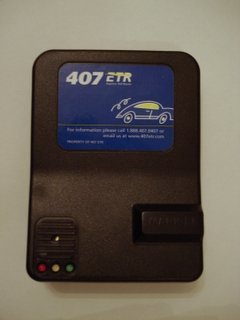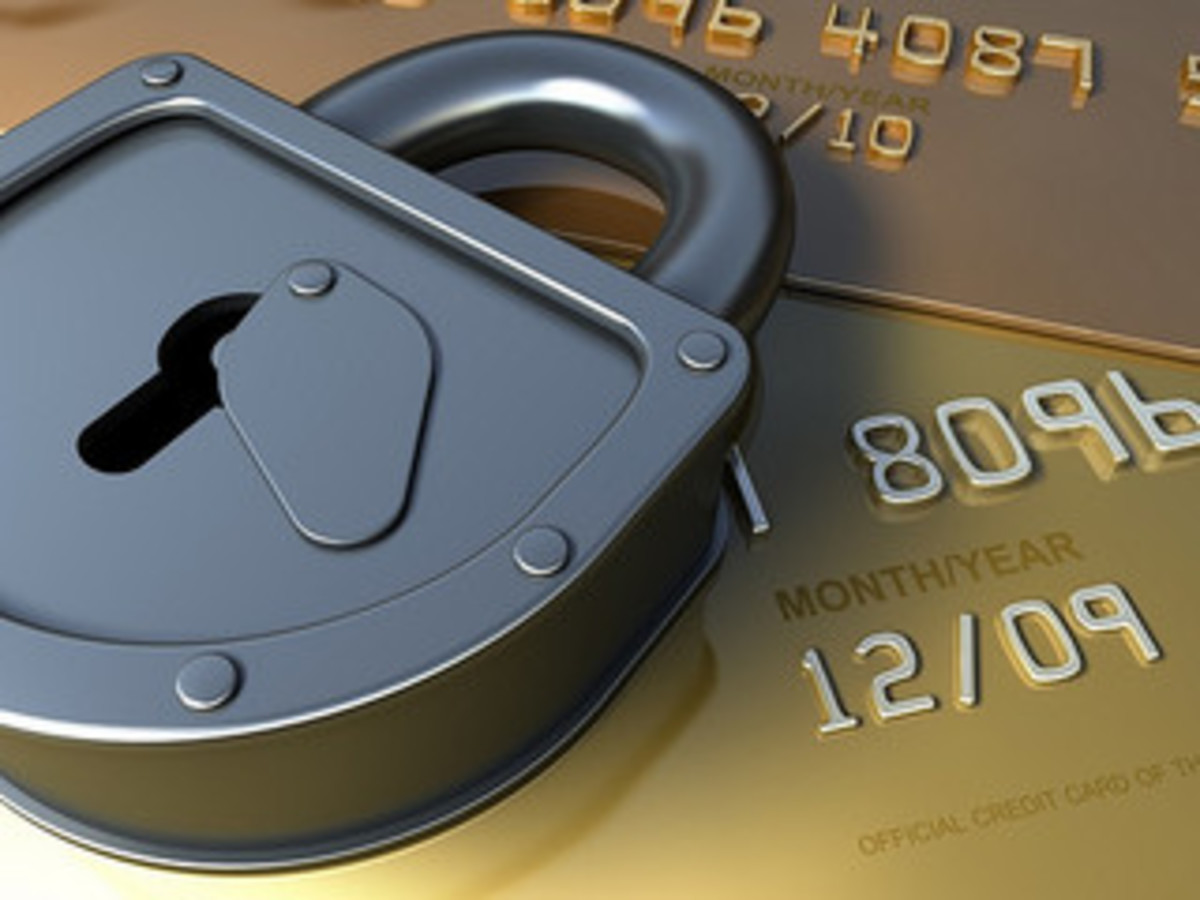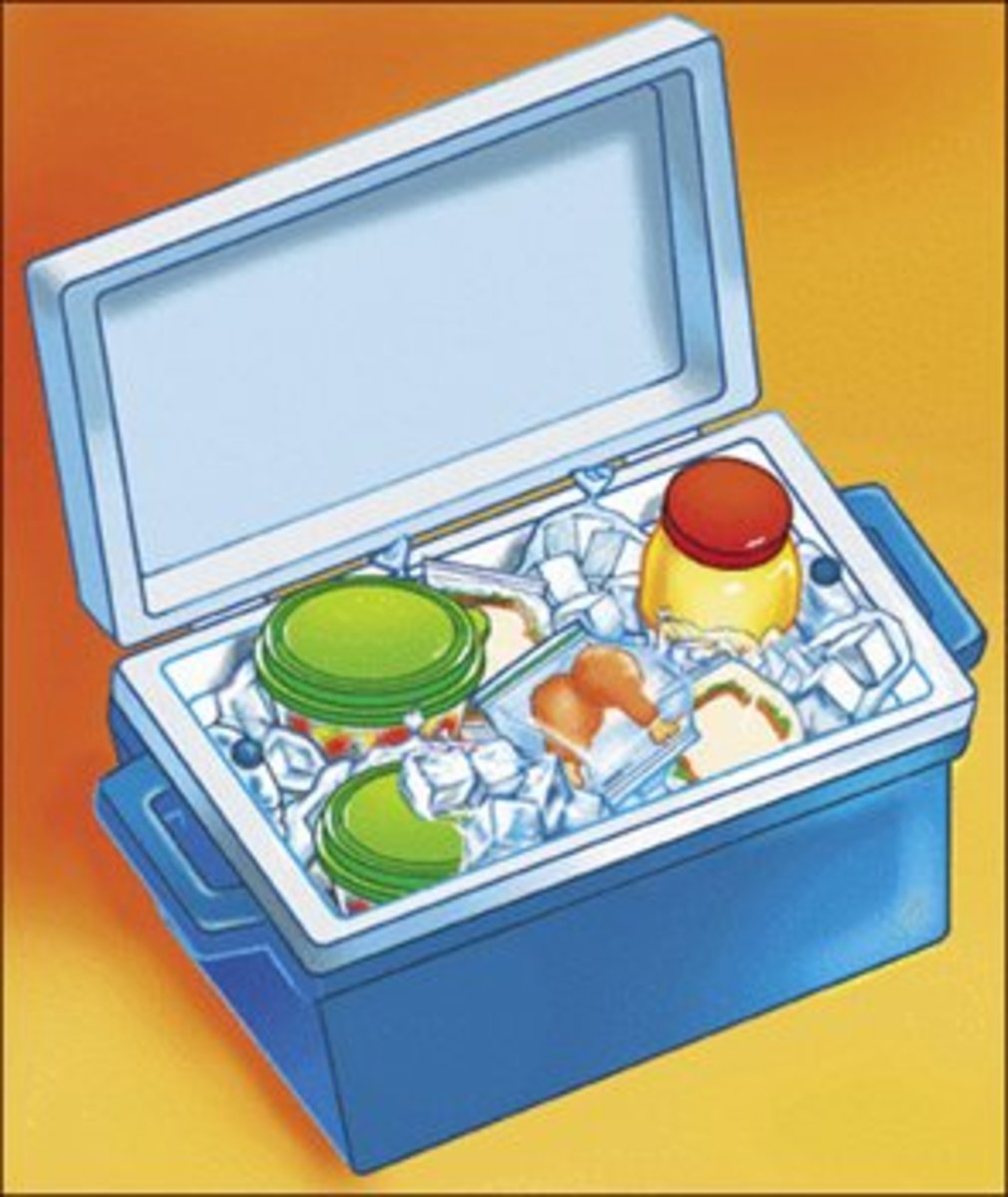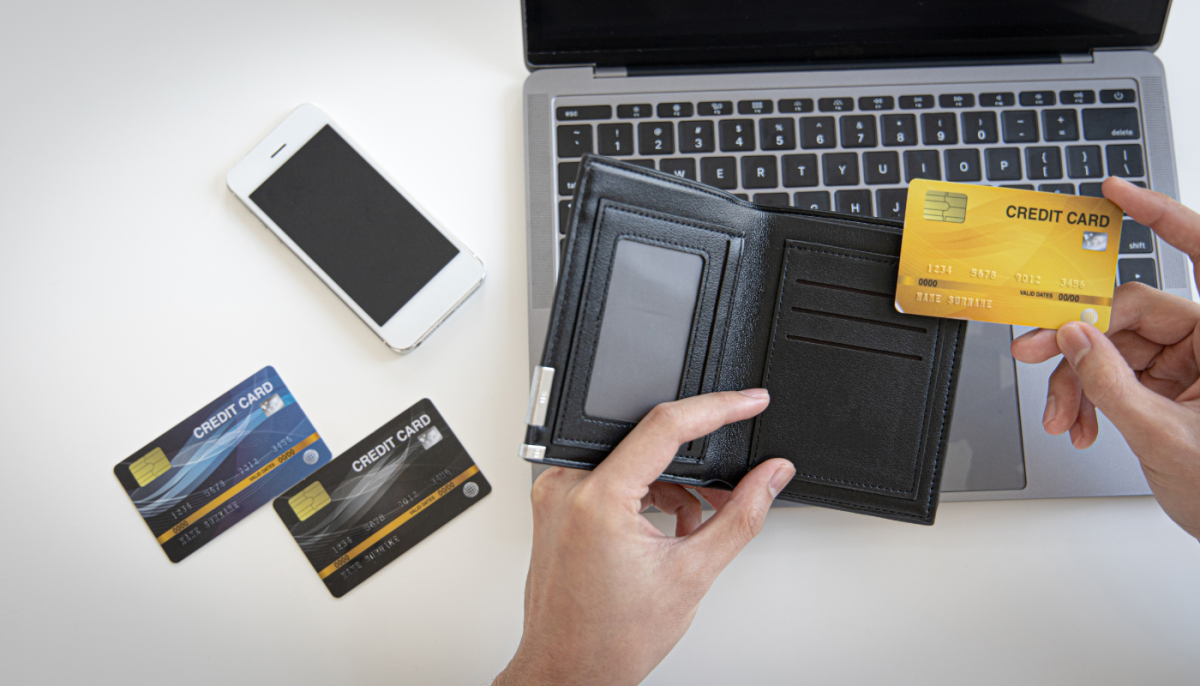Identity Theft - New RFID Chip Gives Criminals New Access
Identity Theft Becomes Easier
Identity Theft has just become easier for a theft and he doesn’t even have to touch your credit card to obtain its information. The reason that thieves now have a new way to steal your credit card information is due to a radio wave frequency identification chip (RFID) on many credit cards. This way your card can be scanned instead of swiped.
RFID Chip

RFID Chips
The government started adding these RFID chips to passports in 2006. While the technology might be easier for us it is also easier for criminals. All they have to do is spend $100 on a card reader that can be purchased on line and hook it to a small computer loaded with software to steal your information.
Then, they just need to get close enough with their reader to your wallet to pick up the information and, in a crowded shopping mall or a football game, probably no one would notice an individual that was getting close to one person after another. The thief could probably pick up hundreds of cards, and the victims would have no way to know it happened until the cards were being used.
Do Your Credit Cards Have the RFID symbol?
There is a very difficult for the police to track the criminal using this technology. We typically assume our information is secure when the card is in our wallet or purse. That’s not so anymore.
There is a company that sells sleeves for credit cards that stops the reader from picking up the information. You could also wrap your cards in aluminum foil which stops the reader from working but that is not particularly convenient.
How do you know if your cards have the RFID symbol on them? Many have the Wi-Fi symbol like the symbol in the picture above. Nearly every card will have this symbol in the next few years.
NBC TV in Tyler Texas shows the dangers of RFID credit cards
Most common Theft of Identity
The most common way credit cards are copied is when they are given to another person despite this new technique. When you pay for something, like in a restaurant, where your card is out of your sight it is best to use your debit card instead of a credit card. That way if some money comes out of your checking account you have 30 days to contest it, and you are more likely to know sooner than waiting until the credit card bill comes in the mail.
Loss of Privacy
Another aspect of these RFID chips that I don’t like is Wal-Mart, which is the nation’s largest retailer, has announced it will begin placing item level RFID tracking tags on clothing sold in its stores. They are insisting that these tags are put on removable labels rather than embedded in the clothing.
This sounds like a good idea for Wal-Mart to prevent theft of clothing and track inventory, however, it is the first step to the planned roll-out of the Internet of Things, where global corporations like IBM Proctor & Gamble, and Wall-mart‘s technology partner NCR plan to equip every product with a tracking device and use a network of RFID readers to Monitor and Observe YOU everywhere you go.
Drivers License with RFID Chips
Washington and New York have already begun issuing a driver’s license that contains radio-frequency tags with unique ID numbers to make border crossing easier for frequent travelers.
Retailers could theoretically scan people’s ID’s without them knowing it quite easily and combine that with their credit card purchases; then next time they walk into the store the person’s identity will be instantly known.
Katherine Albrecht, founder of a group called Consumers Against Supermarket Privacy Invasion and Numbering and author of a book called "Spychips" that argues against RFID technology. She states the two things they don’t want to see is clothing tagged, nor identity documents, which is exactly what is occurring. There are corporate marketers who are very interested in tracking people as they walk.
RFID Tags in Europe
In Europe some retailers put the smart labels on hang tags, which are then removed at checkout. That way they have inventory control, but it doesn’t give all of the information that some retailers want, such as being able to track the item all the way back to the manufacturer in case of a recall. Other stores in the US, such as J. C. Penney and Bloomingdales have begun experiments with smart ID tags.
What is RFID? How RFID works? RFID Explained in Detail
In Conclusion
I think this is a very scary trend. I understand that companies need inventory control and a way to cut down on thievery but they don't need my credit card information. Big Brother will have the ability to know where you and what you are doing all the time through your driver’s license and your credit cards.
Marketers will know all about your credit cards and you will probably become a candidate for a barrage of items they wish to sell if you have excellent credit. This whole scenario makes me feel like we will be living under a magnifying glass. It seems to throw our right to privacy right out the window. I can certainly go back to using cash and wrap the driver license in aluminum foil.
Opinion on RFID Chip Technology
Do you think having RFID chips is a good idea?
This content is accurate and true to the best of the author’s knowledge and is not meant to substitute for formal and individualized advice from a qualified professional.








